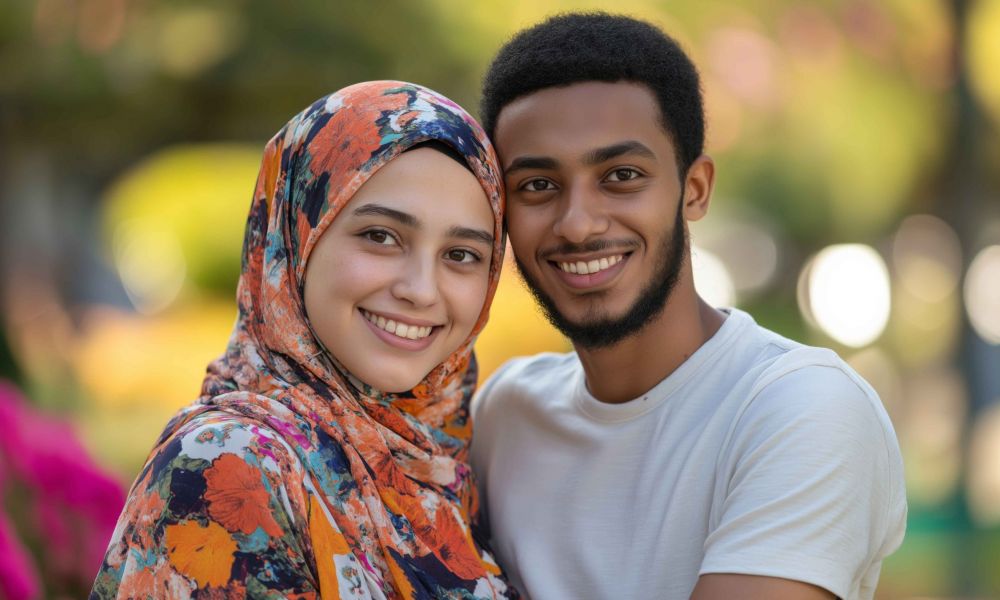
Is a Wali (Guardian) Always Needed for an Islamic Nikah?
Table of Contents ▼
Islamic Nikah—the religious contract that forms the basis of marriage in Islam—is both sacred and legal. It emphasizes consent, clarity, and intention. But one common and sometimes confusing question still arises:
Is the presence of a woman’s father or wali required for a valid Islamic Nikah?
This question is not as straightforward as many think. The answer changes depending on Islamic schools of thought, cultural customs, and the laws of the country you live in. Let’s explore the role of the wali in Islamic nikah and when his presence is essential.
Table of Contents
Who Is a Wali in Islam?
A wali is typically a woman’s male guardian—usually her father, grandfather, brother, or uncle—who represents her during the Islamic Nikah or Sharia marriage process. His role is to ensure that the woman is entering marriage with full understanding and without pressure. In most cases, it’s a protective and guiding position, not one of authority over her.
But whether this role is required or optional? That depends on Islamic jurisprudence and the local legal framework.
The Four Sunni Schools and the Shia View: A Breakdown
Islamic rulings on marriage, including the necessity of a wali, differ among the major Islamic schools:
1. Hanafi School
- View: An adult Muslim woman can marry without her wali’s permission—provided the man is compatible (kafa’ah) and both parties consent.
- Popular in: South Asia (Pakistan, India, Bangladesh), Turkey, and Western Muslim communities.
2. Maliki School
- View: A wali is mandatory. A woman, even if mature and wise, cannot marry without her guardian.
- Practiced in: North and West Africa, and parts of the UAE.
3. Shafi’i School
- View: Wali’s presence is essential. If a woman marries without one, the Nikah is invalid.
- Common in: Malaysia, Indonesia, East Africa.
4. Hanbali School
- View: Strongly insists on a wali’s role. The Nikah is incomplete without guardian involvement.
- Followed in: Saudi Arabia and some Gulf regions.
5. Ja’fari (Shia) School
- View:
- If the woman is a virgin, her father or grandfather must approve.
- If she is widowed or divorced, she can marry without a wali.
- If the woman is a virgin, her father or grandfather must approve.
- Regions: Iran, Iraq, Lebanon, and among Shia worldwide.
Wali’s Role in Islamic Nikah in the UAE
Even within Islamic countries, civil law plays a major role. Here’s how the UAE handles the issue of wali in Nikah ceremonies:
1. Dubai
- Muslim women need a wali present.
- If a father is absent, the court may appoint another guardian or male relative.
2. Sharjah
- Follows a more conservative path.
- All women, regardless of age or marital history, must have a wali to marry.
3. Abu Dhabi
- Muslims: Must follow Sharia; wali required.
- Non-Muslims: Can marry through civil courts; wali not needed.
This dual legal system allows flexibility for different communities while respecting Islamic rulings for Muslims.

What Happens in the West? (UK, US, Canada)
In secular countries, religious and legal marriages are separate. That affects how wali requirements are applied:
Islamic Ceremonies
- Most imams or mosques expect a wali, especially for women marrying for the first time.
- If the father is absent, the imam may appoint an uncle, elder, or even himself as the wali.
Civil Marriages
- These are handled by government officials. No wali is required.
- However, a civil marriage does not fulfill Islamic Nikah requirements unless a separate religious ceremony is conducted.
Why It Matters Now More Than Ever
With more Muslims living in secular countries or marrying across cultures, the question of the wali’s role is more relevant than ever. Many young Muslim women—especially those living independently—ask whether they can perform their Nikah without involving their father.
The role of the wali in Islam is not about control, but about care, dignity, and safeguarding the woman’s rights. At the same time, Islam respects a woman’s maturity, autonomy, and ability to make decisions about her life.
Conclusion
Every Islamic Nikah begins with intention (niyyah) and mutual consent. The presence of a wali, while essential in many cases, is part of a broader system built on trust and justice.
Before stepping into marriage, ensure your actions align with your faith, your values, and your understanding of Islamic guidance. Whether a wali is required in your case or not, the goal of Nikah is the same: a life founded on love, mercy, and shared purpose.


